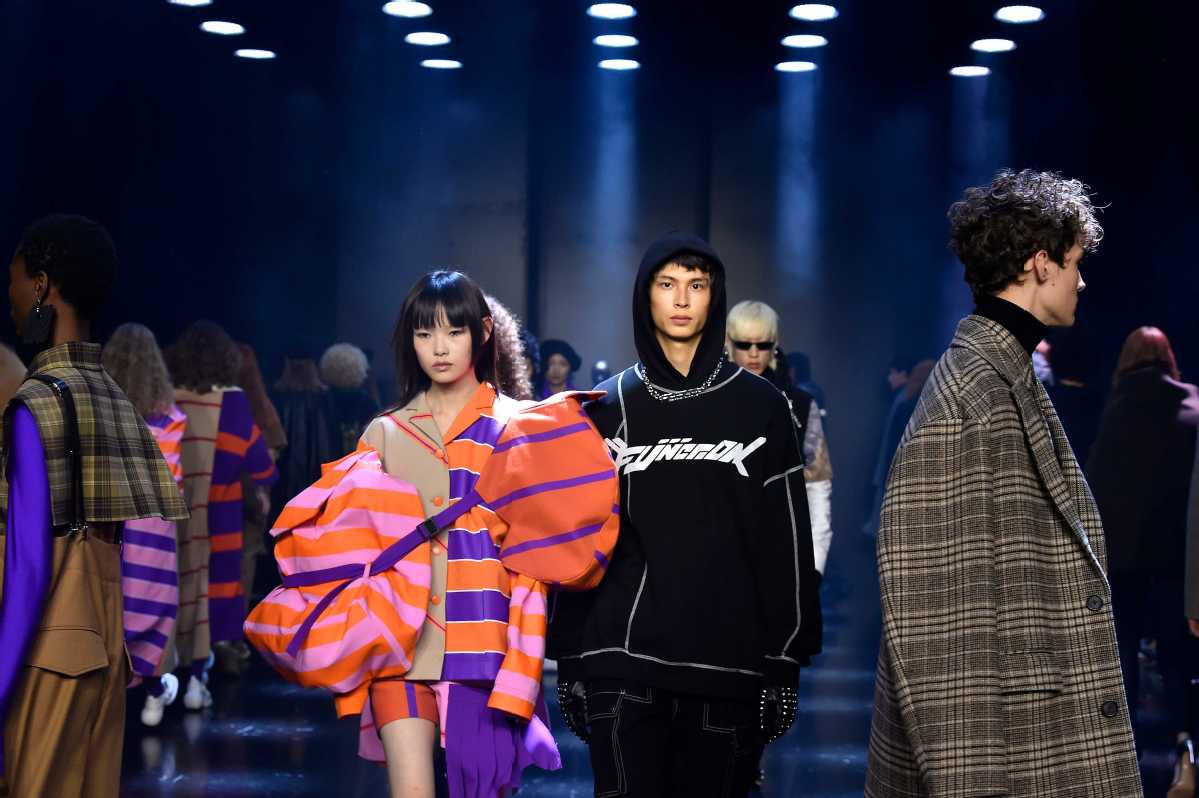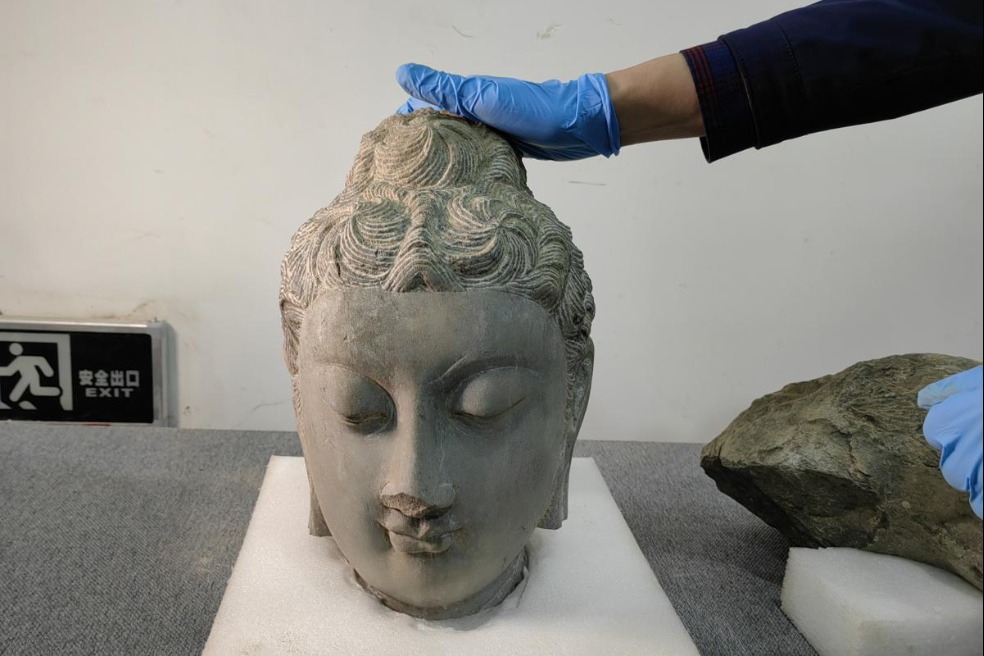Promoting charm of Chinese brands
By Zhu Wenqian | China Daily | Updated: 2019-10-21 09:24

"Crossover branding is now a hot term for many sectors. Brand collaboration arouses consumers' curiosity, giving them a new reason to spend. It usually generates unexpected market feedback. Their brand image can not only be promoted but also used to boost sales," Chen said.
As an international clothing brand with deep roots in China and a history of 25 years, Peacebird has grown in step with the expansion of the Chinese economy, and has constantly adapted to the changing economic situation. It has set a target of becoming a quintessential Chinese brand with annual retail sales of more than 10 billion yuan ($1.41 billion) in the long run.
Apart from diversifying online sales channels, the Ningbo-headquartered company adopts a sales model composed mainly of self-owned stores and franchisees, complemented by agency-based sales. It has more than 4,000 stores across China and more than 500 designers now.
From January to June this year, the company's combined sales revenue was 3.12 billion yuan, boosted by the fast growth from e-commerce platforms and shopping centers, as well as surging demand from China's western and southern regions, according to its half-year earnings report.
Peacebird took the lead by printing the cultural tagline of "Made in China" on its commercial apparel, and simultaneously coined the slogan of "Chinese Fashion" with a focus on the new generation.
"Chinese shoppers have become more rational, and they are not blindly following the crowd to imitate others. They want products with both commercial culture and consumer mentality," said Ou Limin, the company's chief strategist.
He said both home and global brands must keep pace with the times to stay competitive in the fast-changing Chinese market.
Agreed Guo Xin, a marketing professor at Beijing Technology and Business University, who said millennial consumers have become a new driving force in the domestic consumption market.
"Young Chinese consumers have a strong desire to shop, showing individuality, and they are keen to share their ideas," she said. "Under such circumstances, innovative products are more attractive to them."
This transformation, she said, will lead to a variety of demands, resulting in a series of consumer chain reactions and innovative upgrades. It will also push the brands to be more responsive to the needs of consumers.
Chinese consumers are showing growing appreciation of domestic brands, with boast innovative designs and Chinese cultural elements. About three-quarters of surveyed Chinese consumers said they prefer or somewhat prefer local apparel and footwear brands over foreign brands, a recent report of consultancy McKinsey & Company found.
























